Exhibition
I went to the Hong Kong Museum of Art today and took this picture at the entrance of an exhibition of Wu Guanzhong's paintings. I like Wu's paintings very much, but he passed away in June this year. Before his death he donated many of his works to the museum, thus the exhibition.
See if you can understand what's in the photo.
Here is a 2004 thread on the artist -> Controversial and Billionaire painter




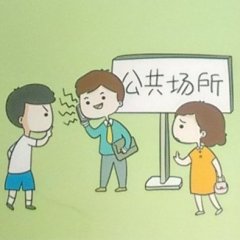
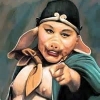

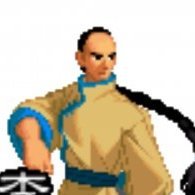

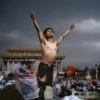
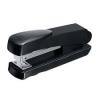
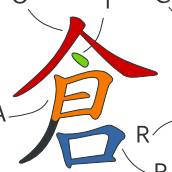

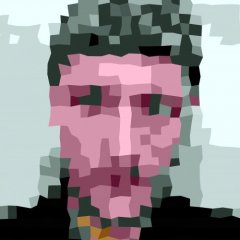
5 Comments
Recommended Comments